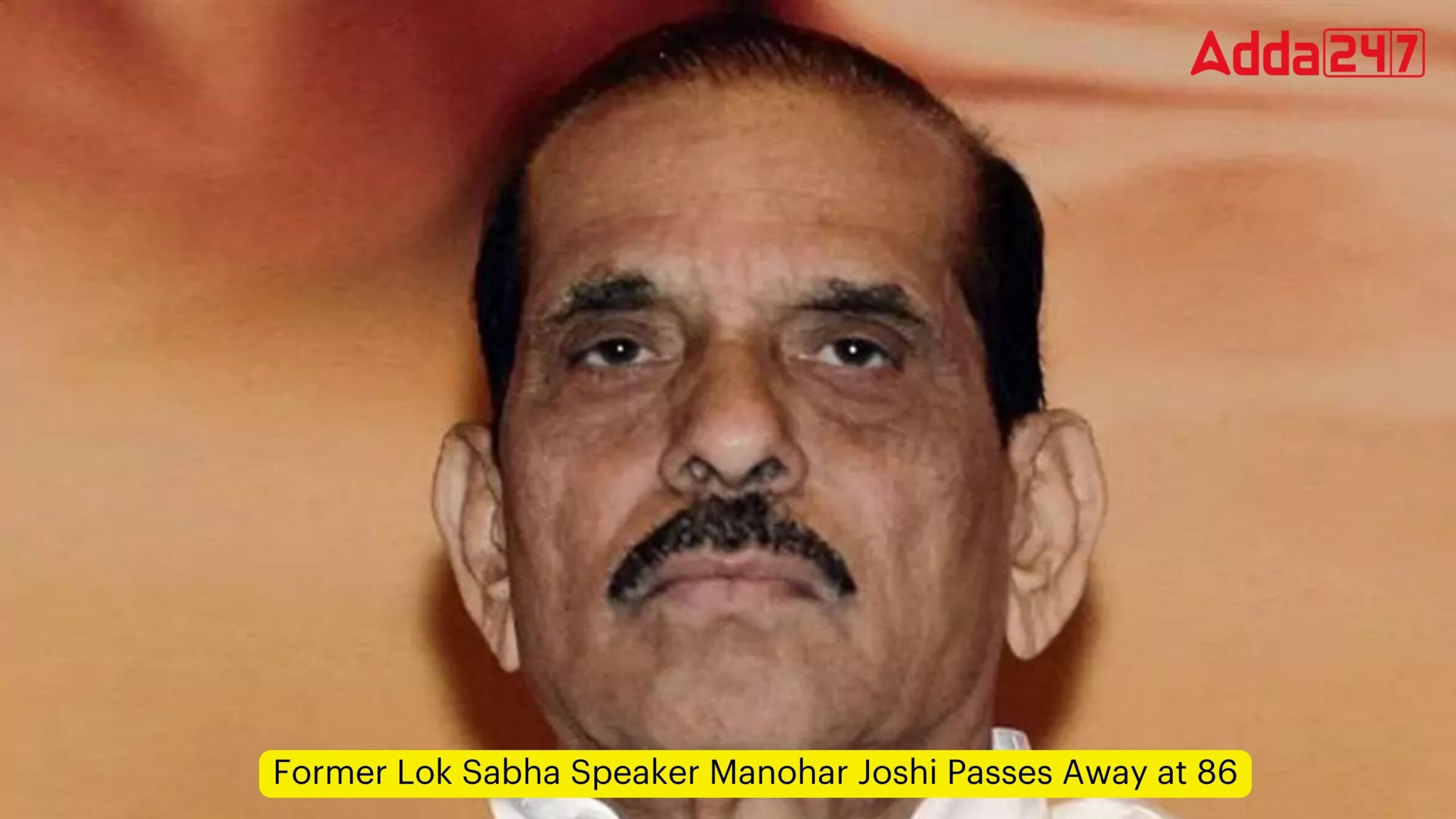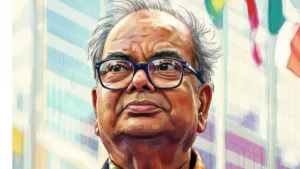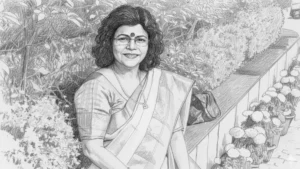Former Lok Sabha Speaker and ex-Maharashtra Chief Minister, Manohar Joshi, passed away at the age of 86, marking the end of an illustrious career that spanned several decades in Indian politics. A prominent figure in the Shiv Sena, Joshi was the first from the party to hold the top post in Maharashtra, serving as Chief Minister from 1995 to 1999. His tenure as Lok Sabha Speaker from 2002 to 2004, during the Vajpayee government, was a testament to his leadership and political acumen.
Early Life and Education
Born on December 2, 1937, in the coastal Konkan region of Maharashtra, Joshi’s early life was rooted in a blend of cultural heritage and academic pursuit. He obtained his Bachelor’s degree in Civil Engineering from the Veermata Jijabai Technological Institute (VJTI) in Mumbai, laying the groundwork for his multifaceted career.
Political Journey
Joshi’s political journey began with his involvement in the Rashtriya Swayamsevak Sangh (RSS), eventually leading to his membership with the Shiv Sena. Known for his organizational skills, he quickly rose through the ranks, becoming a key figure within the party by the 1980s. His political career was marked by various roles, including being a municipal councilor in Mumbai, Chairman of the Standing Committee of the Mumbai Municipal Corporation, and Mayor of Mumbai during 1976-1977.
Elected to the Maharashtra Legislative Council in 1972, Joshi served three terms before being elected to the Maharashtra Legislative Assembly in 1990. He was the Leader of the Opposition in the assembly during 1990-91. In 1999, he won from the Mumbai North-Central Lok Sabha Constituency as a Shiv Sena candidate, later serving as Union Minister of Heavy Industries and Public Enterprises.
Personal Life
Manohar Joshi was married to Anagha Joshi, who predeceased him in 2020. He leaves behind a legacy through his son and two daughters, continuing his lineage of public service and dedication to the nation.
Legacy and Contributions
Joshi’s contributions to Indian politics and public life were significant. His leadership roles, both in Maharashtra and at the national level, were characterized by a vision for development and progress. As Maharashtra’s Chief Minister, he was instrumental in initiating several infrastructure projects and policies aimed at the state’s growth. His tenure as Lok Sabha Speaker was marked by fairness and an ability to navigate the complex dynamics of parliamentary democracy.




 Legendary Bengali Author Shankar Passes ...
Legendary Bengali Author Shankar Passes ...
 Veteran Actress Pravina Deshpande Passed...
Veteran Actress Pravina Deshpande Passed...
 Legendary Odia Singer Geeta Patnaik Pass...
Legendary Odia Singer Geeta Patnaik Pass...








